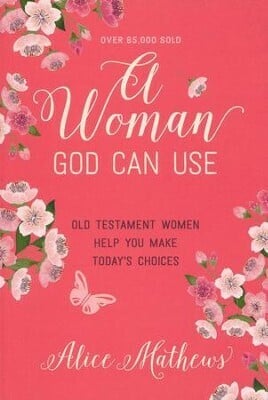Shiphrah and Puah: Two Ezer Midwives Defy the King (Exodus 1:8-22)
Article / Produced by TOW Project
One consequence of the woman's sin was greater pain in childbirth (Genesis 3:16). Enter midwives. Midwives have been part of human experience as long as we have historical records. [1] In Exodus 1 this particularly female vocation takes center stage in a political context. The setting is Egypt where the Hebrew people are mercilessly enslaved, forced to build the cities of Pithom and Rameses with poor materials. "But the more they were oppressed, the more they multiplied and spread, so that the Egyptians came to dread the Israelites." (Exodus 1:12).
The Pharaoh (king) ordered the midwives to kill all boy babies at birth, but the midwives "feared God" and let the boys live. Jonathan Magonet has called these two midwives "the earliest and in some ways the most powerful examples of resistance to an evil regime." Ordered to carry out genocide, these two brave women risked their lives by disobeying the Pharaoh. They were ezer women in the original meaning of the word, helping those who needed their help. Willing to stand bravely against evil, these women used their professional expertise to aid their people in a time of crisis.
Sometimes ezer women are called to stand against a powerful evil, or to aid those who are weaker, or both. One of the Hebrew babies saved by the midwives grew up to defy the Pharaoh and deliver the Hebrew people from slavery in Egypt. We honor Moses as one of the great heroes in Hebrew history, but he survived only because two midwives, Shiphrah and Puah, risked their lives when they defied the king's order.
Sometimes women (and men) in the workplace today find themselves facing an order from a boss that they cannot ethically carry out. Knowing God's will and doing it in such circumstances may cost them their job. But just as God honored the Hebrew midwives, God honors those today who stand up and fight for what is right in the workplace.







